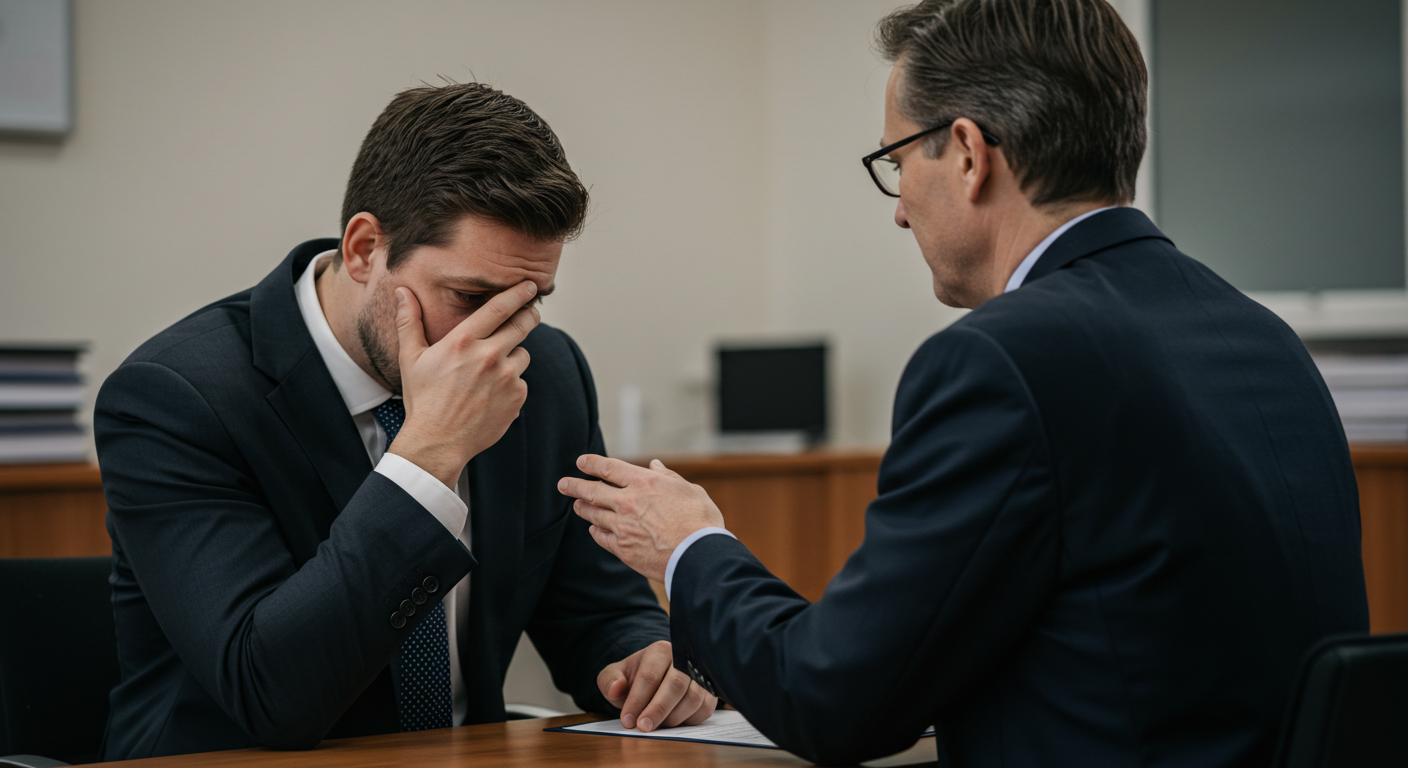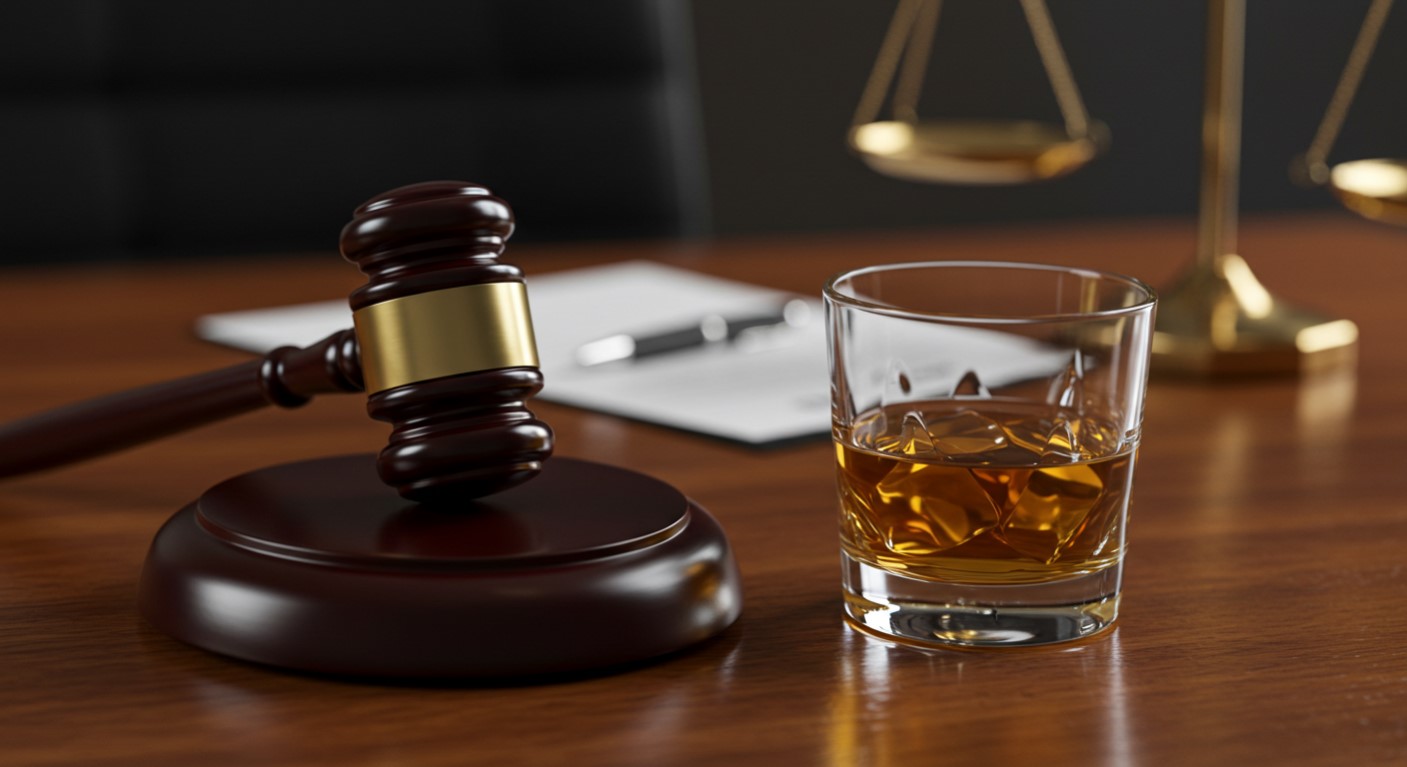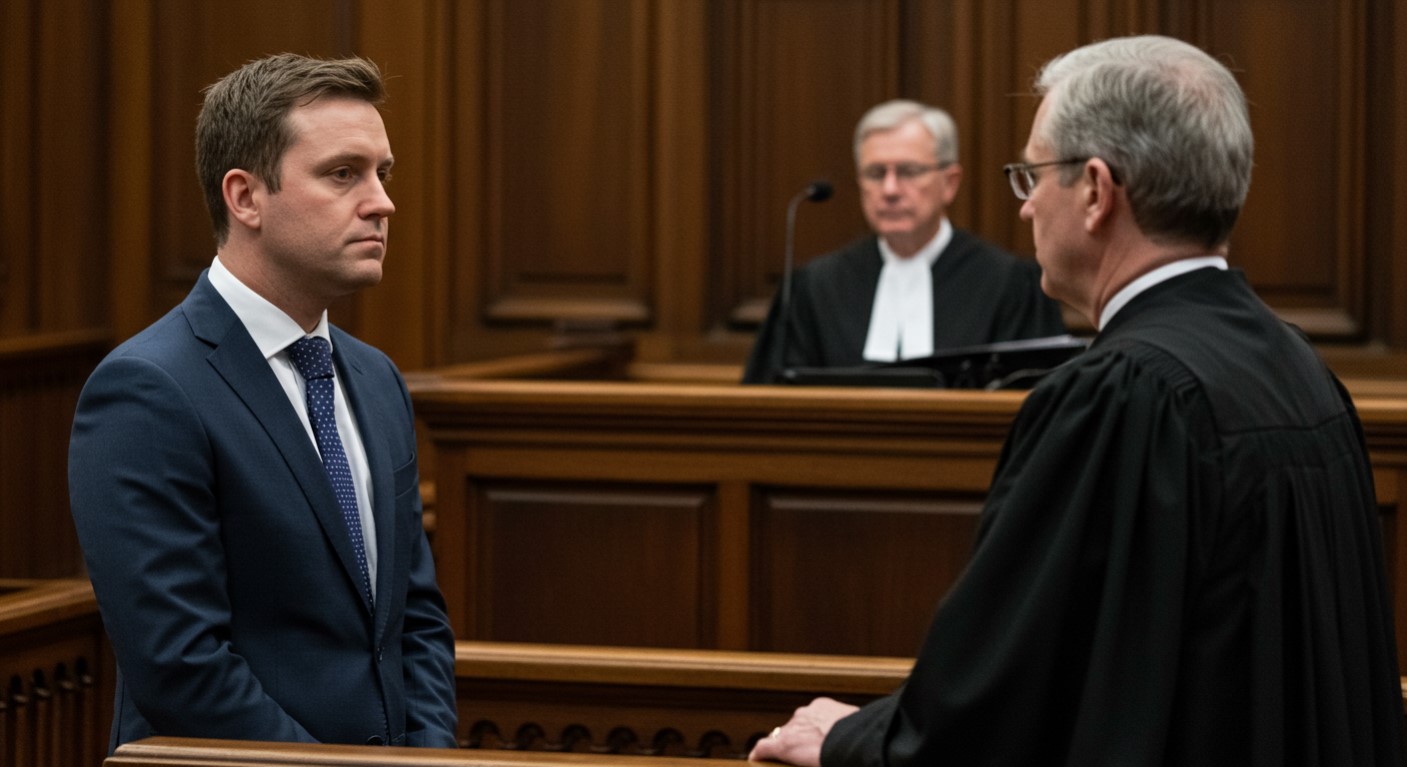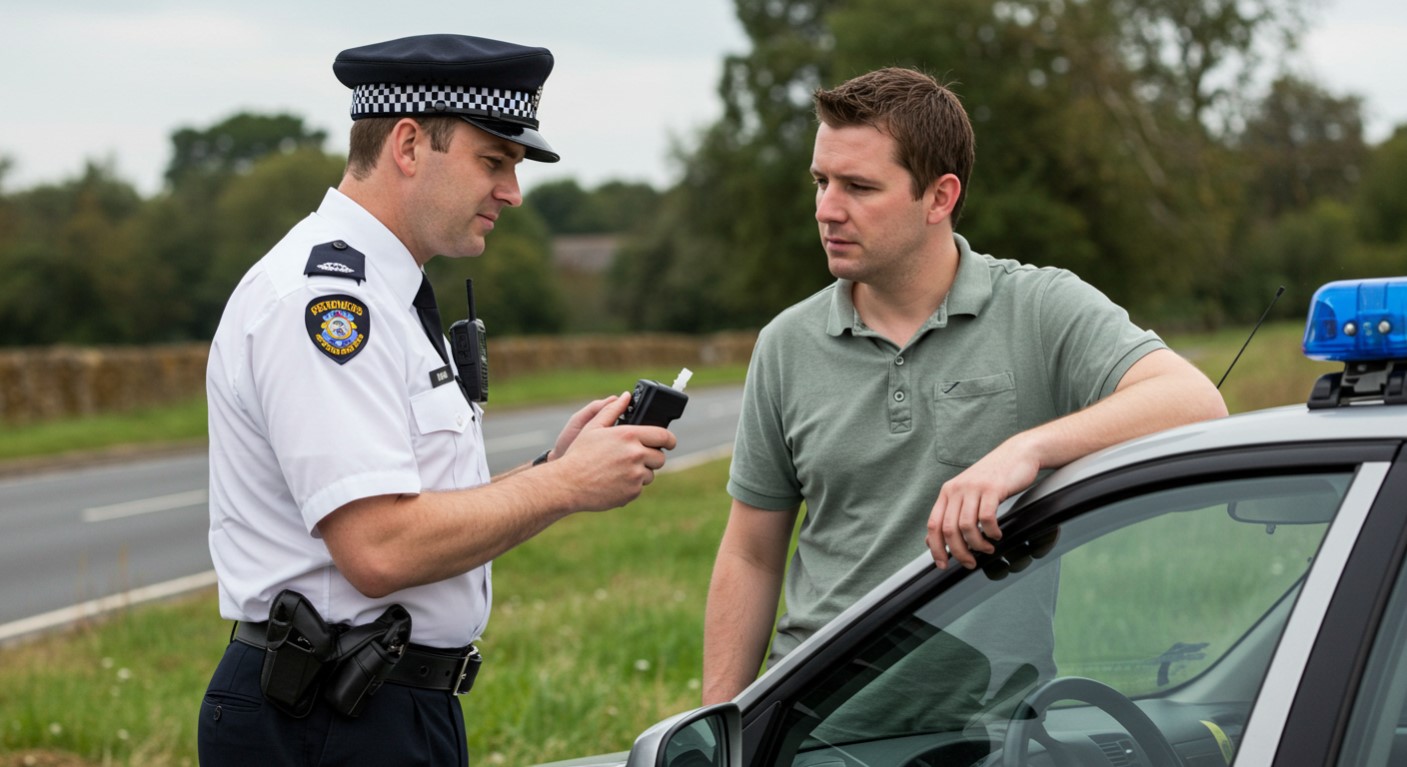Is Being Drunk a Defence in Criminal Proceedings? Understanding the Law, Consequences, and the Importance of Seeking Legal Advice

Is Being Drunk a Defence in Criminal Proceedings? Understanding the Law, Consequences, and the Importance of Seeking Legal Advice
The question of whether being drunk can serve as a valid defence in criminal proceedings is one that often arises in legal contexts. While intoxication can influence a person’s behaviour and decision-making, it is essential to understand the legal aspects surrounding this issue.
Is Being Drunk a Defence in Criminal Proceedings?

In most legal jurisdictions, being intoxicated is not a valid defence in and of itself for criminal behaviour. The fundamental principle of criminal law is that individuals are responsible for their actions, and voluntary intoxication does not typically excuse or justify criminal conduct.
This means that being drunk cannot serve as a complete defence to criminal charges.
However, there are exceptions and nuances to consider:
- Specific Intoxication Offences: In some cases, being intoxicated may be an element of the offence. For example, in certain jurisdictions, public intoxication may be a separate offence. In such cases, the defence might argue that the individual was not intoxicated or was not in a public place.
- Lack of Intent: Intoxication may be relevant in situations where specific intent is an essential element of the crime. If an individual can demonstrate that they were so intoxicated that they lacked the capacity to form the required intent for the crime, this may be a valid defence. However, this defence is often limited and challenging to establish.
- Involuntary Intoxication: In cases of involuntary intoxication, where an individual unknowingly consumed a substance that led to impairment, this can be a more viable defence. In such instances, it may be argued that the person did not voluntarily become intoxicated.
Consequences of Alcohol-Related Offences

While being drunk may not serve as a complete defence to criminal charges, alcohol-related offences can lead to significant consequences, both legally and personally. Some common consequences include:
- Criminal Record: Convictions for alcohol-related offences can result in a criminal record, which can have long-lasting effects on employment prospects and future opportunities.
- Fines: Individuals convicted of alcohol-related offences may face fines imposed by the court.
- Probation: In some cases, the court may order probation, requiring the individual to comply with specific conditions, such as attending alcohol education programs or submitting to regular drug and alcohol testing.
- Driver’s Licence Suspension: Many alcohol-related offences, particularly those involving impaired driving, can lead to the suspension or revocation of a driver’s license.
- Custodial Sentences: In more serious cases, such as DUI (Driving Under the Influence) or alcohol-related violence, individuals may face jail or custodial sentences.
Why You Should Seek Legal Advice

Given the potential consequences of alcohol-related offences, it is paramount to seek legal advice and representation when facing such charges. Here are some reasons why consulting with a legal professional is essential:
- Understanding Your Rights: A qualified lawyer can explain your rights and the legal process, ensuring that you are aware of your options and possible defences.
- Building a Strong Defence: An experienced lawyer can assess the circumstances of your case, identify potential defences, and develop a strong legal strategy to protect your interests.
- Negotiating with Prosecutors: Legal professionals can negotiate with prosecutors to seek reduced charges or penalties, potentially leading to a more favourable outcome.
- Minimising Consequences: A skilled attorney can work to minimise the legal and personal consequences of alcohol-related offences, helping you navigate through complex legal procedures.
- Protecting Your Future: By seeking legal advice, you are taking proactive steps to safeguard your future, including your employment and personal reputation.
Conclusion: Is Being Drunk a Defence in Criminal Proceedings?

While being drunk is generally not a complete defence in criminal proceedings, alcohol-related offences can have serious consequences. To navigate the legal system effectively and protect your rights, it is crucial to consult with an experienced solicitor.
Seeking legal advice is not only a practical step in your defence but also a way to ensure that your future remains as unscathed as possible in the face of alcohol-related legal challenges. Remember, legal professionals are there to advocate for your best interests and provide guidance during difficult times.
Notice: Informational Content Disclaimer
The content provided on this website, including articles, blog posts, and other informational materials, is intended for general informational purposes only. It is not intended as, and should not be considered, legal advice.
Visitors to this website should be aware that the information presented here is not a substitute for seeking legal advice from a qualified solicitor or legal professional. Each individual's legal situation is unique, and the information provided may not be applicable to specific circumstances.
If you require legal advice or have specific legal questions, we encourage you to contact us directly. Our experienced team of solicitors is here to assist you with your legal needs and provide tailored advice to address your concerns.
Please be advised that any communication through this website, including the use of contact forms or email, does not create a solicitor-client relationship. Confidential or time-sensitive information should not be sent through this website. To establish a solicitor-client relationship and discuss your legal matters in detail, please contact us for a consultation.
We strive to provide accurate and up-to-date information, but we make no representations or warranties regarding the accuracy, completeness, or suitability of the information contained on this website. We shall not be liable for any reliance placed on the information provided herein.
Thank you for visiting our website. We look forward to the opportunity to assist you with your legal needs.




